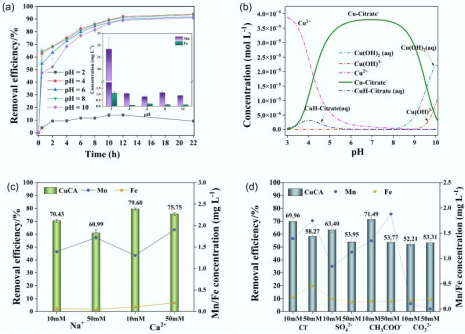Recent research reveals a significant correlation between the language women use to describe their genitals and their sexual well-being. Conducted by researchers from Johannes Gutenberg University and Bar-Ilan University, the study published in the journal Sex Roles indicates that women who employ more vulgar terms express greater satisfaction in their sexual experiences and have a more positive body image.
The study involved a survey of 457 American women of varying ages. Participants reported the terminology they most frequently use to refer to their genitals in both non-sexual and sexual contexts. Additionally, they responded to questions regarding their self-image, orgasm frequency, and attitudes towards sexual practices, including the use of vaginal cleaning products and openness to cosmetic genital surgery.
Key Findings on Language and Self-Perception
Researchers categorized the terms into nine distinct groups, including anatomical, vulgar, and childish. For instance, terms like “pussy” fell under the vulgar category, while “vajayjay” was deemed childish. Anatomical terms included “vagina,” “vulva,” and “clitoris.” The findings illuminated that women using vulgar descriptors in sexual contexts reported a stronger desire for oral sex, a higher number of orgasms, and overall greater sexual pleasure. Conversely, using more childish language was linked to negative self-image and lower perceptions of their partner’s enjoyment during sexual activities.
According to Tanja Oschatz, the lead researcher, “Although previous studies catalogued various terms women use to describe their genitals, none had investigated the connection between these terms and women’s feelings or attitudes.” This study aimed to bridge that knowledge gap and explore how contemporary language influences women’s self-perceptions and sexual health.
The researchers noted that language evolves rapidly, especially with the influence of social media platforms like TikTok. Oschatz emphasized that “what women call their genitals today may carry different meanings and social implications than it did two decades ago.” This evolution presents an opportunity to understand how language shapes sexual health and experiences.
Context Matters in Sexual Language
The study’s results indicated that context significantly alters the implications of the language used. While childish terms were associated with negative feelings in non-sexual contexts, they did not carry the same weight during sexual discussions. Interestingly, using a term like “pussy” in a sexual context correlated with increased pleasure and frequency of orgasms, suggesting that what was once viewed as derogatory might now be reclaimed by women as a form of empowerment.
Oschatz concluded, “Words matter. Pleasure is paramount. Self-acceptance and a little dirty talk reign supreme, according to science.” The research highlights the importance of language in shaping personal and sexual identities, underscoring that embracing certain terms can lead to enhanced sexual experiences and improved self-image.
As society continues to grapple with issues surrounding body positivity and sexual health, this study offers valuable insights into the profound impact of language on women’s experiences. Understanding these dynamics may ultimately contribute to healthier attitudes toward sexuality and self-acceptance across diverse populations.







